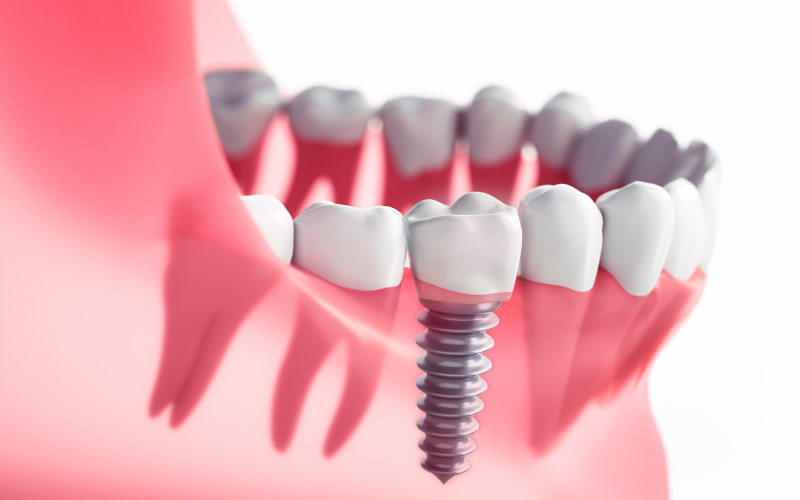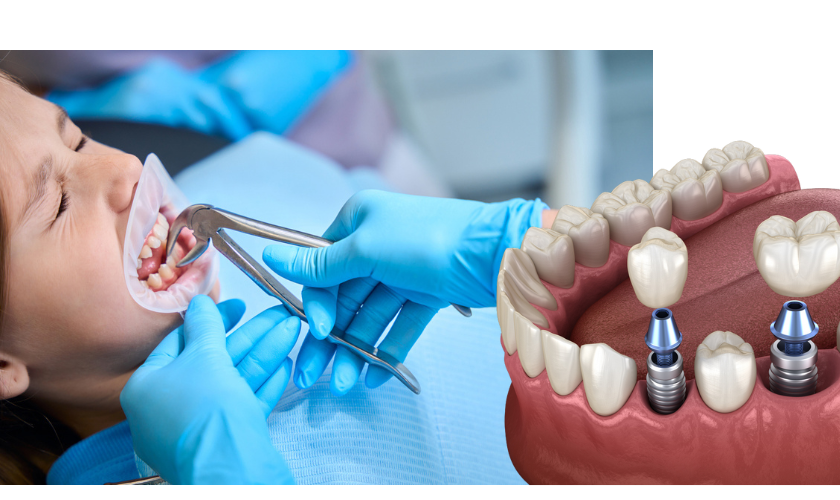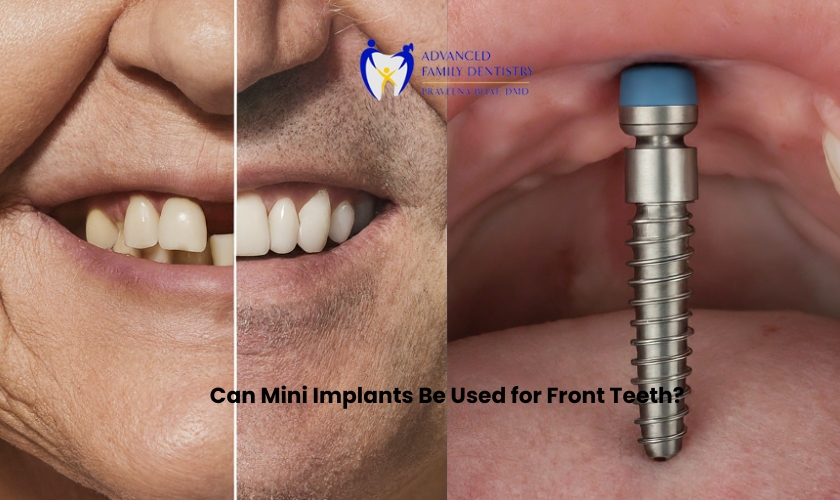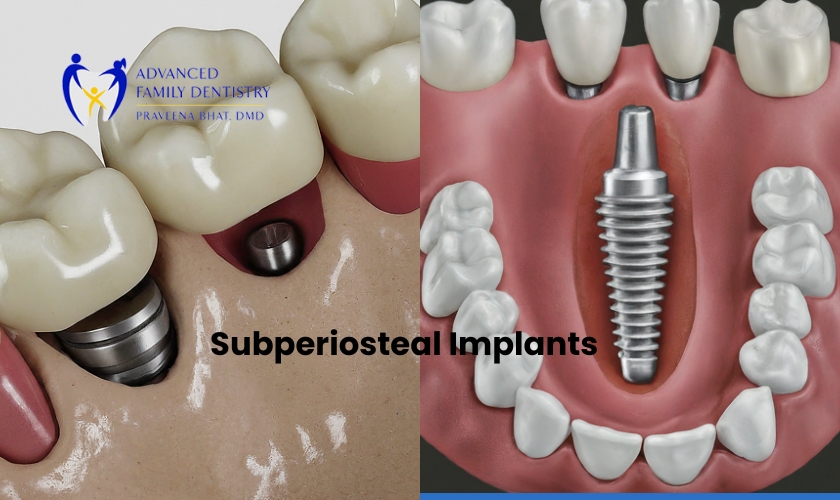Top Family, Cosmetic and Implant Center In 537 Amherst St, Nashua, NH 03063
Are Dental Implants Right For You? Benefits, Process, And Recovery

Dental implants have revolutionized modern dentistry, offering a long-lasting solution for missing teeth. Whether you’re missing one tooth or several, implants can restore not only your smile but also your confidence and oral health. But are dental implants right for you?
In this blog, we’ll explore the benefits, the step-by-step process, and what you can expect during recovery to help you make wise choices about opting for this procedure.
What Are Dental Implants?
Dental implants are artificial tooth roots made of titanium that are surgically placed into your jawbone. Once the implant integrates with the bone, it serves as a sturdy foundation for a replacement tooth or bridge.
Unlike dentures or bridges, dental implants mimic the function and feel of natural teeth, making them a highly sought-after option for tooth replacement.
Benefits of Taking This Treatment
Dental implants in Nashua offer several unique advantages over other tooth replacement options, such as dentures or bridges. Here are some key benefits:
- Improved Appearance: Implants look and feel like natural teeth, and because they fuse with the jawbone, they become a permanent part of your smile.
- Enhanced Comfort: Unlike removable dentures, implants are fixed in place and don’t shift, ensuring maximum comfort.
- Better Speech: Ill-fitting dentures can cause slurring or mumbling. Implants allow you to speak clearly without worrying about your teeth moving.
- Easier Eating: Dental implants function like your natural teeth, allowing you to bite and chew all types of food without discomfort.
- Durability: With proper care, they can last a lifetime, making them a long-term solution for tooth loss.
- Improved Oral Health: Dental implants don’t require altering adjacent teeth, as a dental bridge would. This helps preserve the health of your surrounding teeth.
- Prevents Bone Loss: When a tooth is lost, the jawbone beneath it can deteriorate. Implants help stimulate the bone and prevent bone loss.
With these benefits, dental implants stand out as an attractive solution for those looking to restore both function and aesthetics to their smile.
Who Is a Candidate for Dental Implants?
While dental implants in Nashua offer a versatile solution for tooth loss, they may not be suitable for everyone. Here’s what makes a good candidate:
- Good Oral Health: Healthy gums and adequate jawbone density are essential for supporting the implant.
- Non-smoker: Smoking can interfere with healing and the success of the implant procedure.
- No Chronic Conditions: Certain conditions like uncontrolled diabetes or heart disease can affect your eligibility for implants. Discuss any health concerns with your dentist.
- Commitment to Oral Care: You need to maintain excellent oral hygiene and regularly visit your dentist to ensure the long-term success of the implant.
If you meet these criteria, then dental implants might be the right pick for your smile. However, if you don’t, don’t lose hope—your dentist can recommend alternatives or treatments to help prepare you for implants, such as bone grafting.
The Dental Implant Process: Step-by-Step Approach
If you’ve decided that dental implants are the right choice, understanding the process can help you feel more confident and prepared. Here’s a detailed rundown of what to anticipate:
1. Initial Consultation
During your initial consultation, your dentist or oral surgeon will assess your oral health, review your medical history, and take X-rays or 3D scans of your jaw to determine if you have enough bone density to support the implant.
If your jawbone is too thin or soft, you may need a bone graft before proceeding with the implant.
2. Bone Grafting (If Needed)
If a bone graft is necessary, your dentist will take bone material from another part of your body or use a synthetic bone substitute to reinforce your jaw. This step can take several months to heal before moving forward with the implant placement.
3. Implant Placement

Once your jaw is ready, the dental implant is surgically placed into the bone. During this procedure, your dentist will make an incision in your gum to expose the bone and drill a small hole where the implant will be inserted. The titanium post is then placed into the bone, and the gum is stitched closed.
4. Osseointegration
Over the next few months, osseointegration occurs, during which the implant fuses with the jawbone. This process is crucial for ensuring the implant’s long-term stability. It typically takes three to six months for the bone to fully integrate with the implant.
5. Abutment Placement
Once osseointegration is complete, a small connector piece called an abutment is attached to the implant. This abutment will support the final restoration (the replacement tooth or crown).
6. Crown Placement
Finally, a custom-made crown is attached to the abutment, completing the process. The crown is designed to match the shape, size, and color of your natural teeth, ensuring a seamless and natural look.
Recovery After Dental Implants
The recovery process after dental implant surgery varies from person to person, but here’s what you can generally expect:
Immediate Post-Op Care
- Swelling and Discomfort: Some swelling, bruising, and discomfort are normal after surgery. Your dentist will prescribe pain medications or recommend over-the-counter options to manage any discomfort.
- Soft Foods: Stick to a diet of soft foods such as yogurt, mashed potatoes, and smoothies in the days following the surgery. Avoid hard, chewy, or crunchy foods to prevent irritation.
- Good Oral Hygiene: Keeping your mouth clean is crucial to prevent infection. Rinse with salt-water and gently brush the area, taking care to avoid the surgical site.
Long-Term Recovery
- Follow-Up Appointments: You’ll need to return for regular check-ups to ensure the implant is healing properly and integrating with the bone.
- Healing Time: Osseointegration can take several months, but once it’s healed, your implant will be as strong and stable as a natural tooth.
- Permanent Restoration: Once the healing is complete, your dentist will place the permanent crown. At this point, your implant will function like a regular tooth, allowing you to chew, smile, and speak with ease.
How To Care for Your Dental Implants?
Maintaining your dental implants is similar to caring for natural teeth. Here are a few tips to keep them in excellent condition:
- Brush and Floss Daily: Implants require the same care as your natural teeth. Brush twice a day and floss once daily to keep plaque and bacteria at bay.
- Regular Dental Visits: Continue visiting your dentist for regular check-ups and cleanings to monitor your implants and overall oral health.
- Avoid Hard Foods: While implants are durable, avoid chewing on hard items like ice or candy, which can damage the crown.
Dental implants provide a permanent, reliable solution for replacing missing teeth and offer a host of benefits, from improved appearance to better oral health. While the process takes time and involves several steps, the long-term results are well worth the investment.
Consult with your dentist in Nashua to discuss whether dental implants are right for you and begin your journey toward a healthier, more confident smile.




